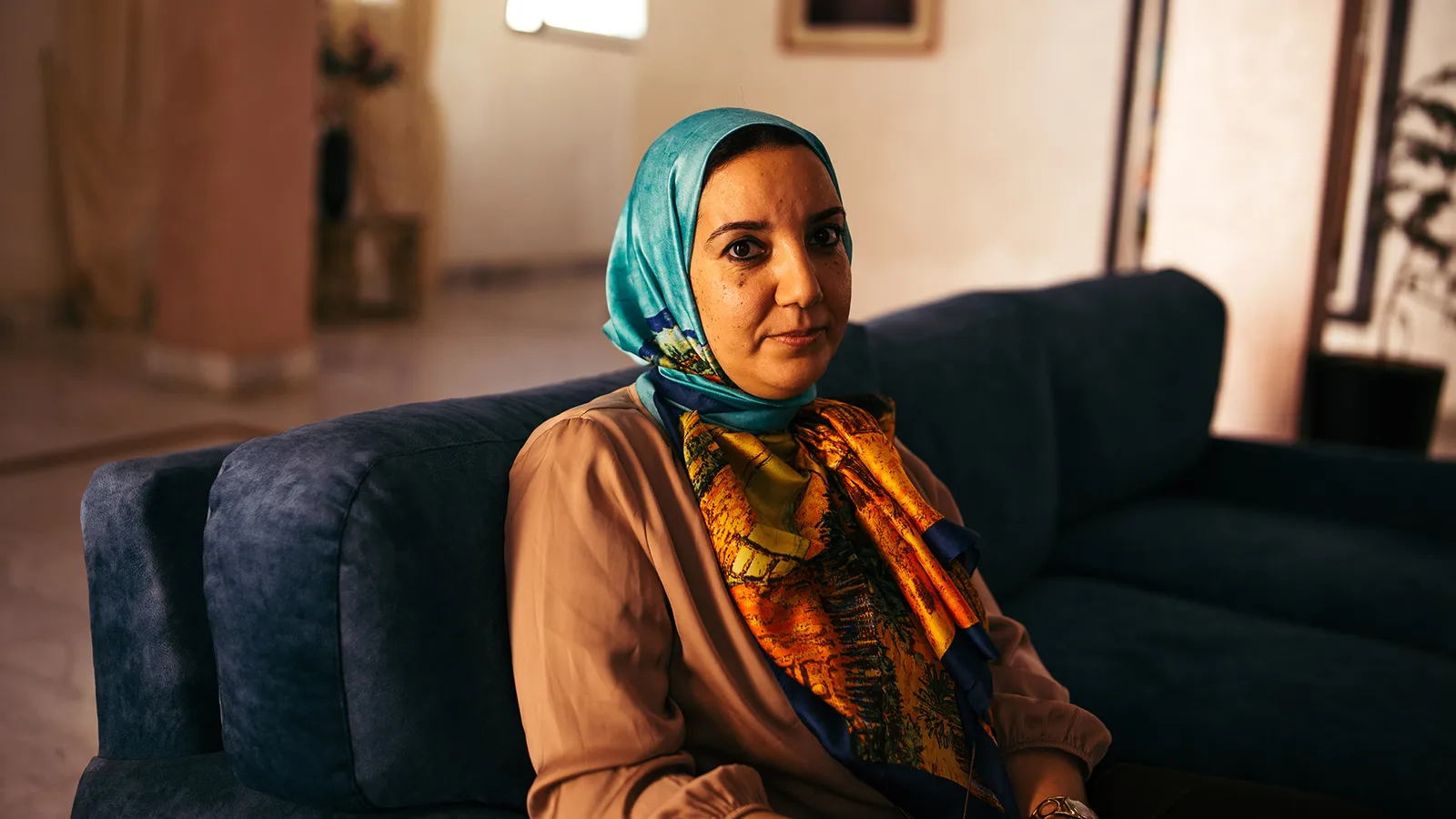Politics, power and one man’s quest to control a ragtag city in Haiti.
Read: Noema
Politics, power and one man’s quest to control a ragtag city in Haiti.
Read: Noema
Read: Devex
With support from the Pulitzer Center

Immunologist Fatiha El Hilali started trying to counter fake news about vaccines after seeing a close friend die from Covid-19 (Credit: Kang-Chun Cheng)
“If I can be provocative, shouldn’t we be doing this study in Africa, where there are no masks, no treatments, no resuscitation?” said Jean-Paul Mira, head of intensive care at Cochin hospital in Paris. “A bit like as it is done elsewhere for some studies on Aids. In prostitutes, we try things because we know that they are highly exposed and that they do not protect themselves.”
Read: BBC Future
With support from the Pulitzer Center
Move over, Covid-19. Another, far more lethal disease is in danger of erupting once again. Yellow fever infects some 200,000 people and kills 30,000 of them each year–more than terrorist attacks and plane crashes combined. Stopping the next outbreak from jumping from monkeys to humans may require a novel approach: vaccinating our hairy, banana-loving brethren.
Part of our BBC Future series, Stopping The Next One, with Harriet Constable and The Pulitzer Center.
Read: BBC
In northern Kenya, researchers are working to prevent a dangerous coronavirus – MERS – from jumping from camels to humans. But climate change is complicating their task.
Part of our BBC Future series, Stopping The Next One, with Harriet Constable and The Pulitzer Center.
READ: BBC

The discovery of a novel mosquito on Guantanamo Bay reveals how globalization is threatening to unleash the next pandemic. Part of our BBC Future series, Stopping The Next One, with Harriet Constable and The Pulitzer Center.
READ: BBC

Photography for BBC, The Coronavirus 10 Times Deadlier than Covid-19. Part of the Pulitzer Center-supported series, Stopping The Next One.
